SAEDNEWS: Iran’s Army Chief, Major General Amir Hatami, declared that the 12-day war with Israel marked a “strategic victory” for the Islamic Republic, highlighting unity, resilience, and missile power as key elements that thwarted Israel’s objectives.

According to Saed News; During a recent tour of military units in Isfahan, Tabriz, and Hamedan, Major General Amir Hatami, Commander-in-Chief of Iran’s Army, addressed troops and officers with a bold message: Iran’s resistance during the 12-day war with Israel was nothing less than a strategic triumph.
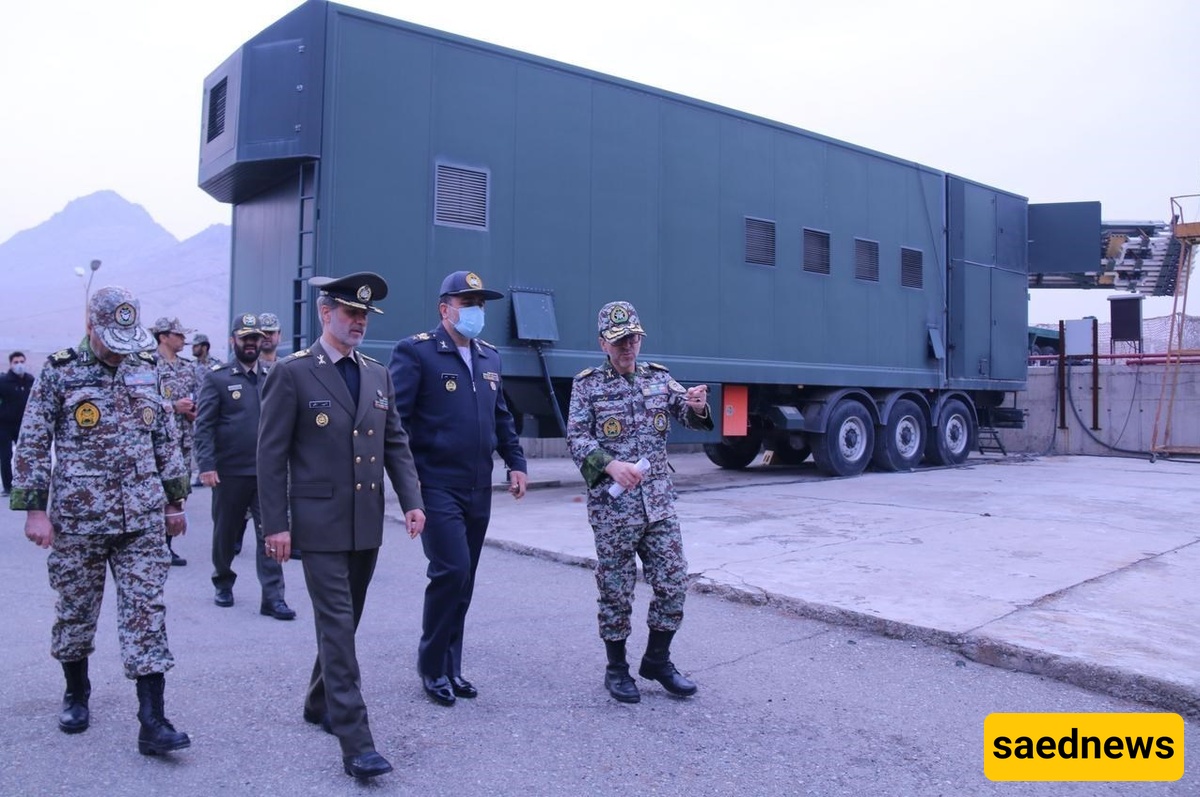
Hatami praised the unity of Iran’s armed forces, from the Army’s ground and air units to the Revolutionary Guard and Basij volunteers. He emphasized that ordinary citizens also stood firm, contributing to what he described as a “national resistance” against Israel’s assault.
“The entire nation, from soldiers and pilots to ordinary people, fought side by side,” Hatami said. “This ensured that the Islamic Republic emerged from the war with honor.”
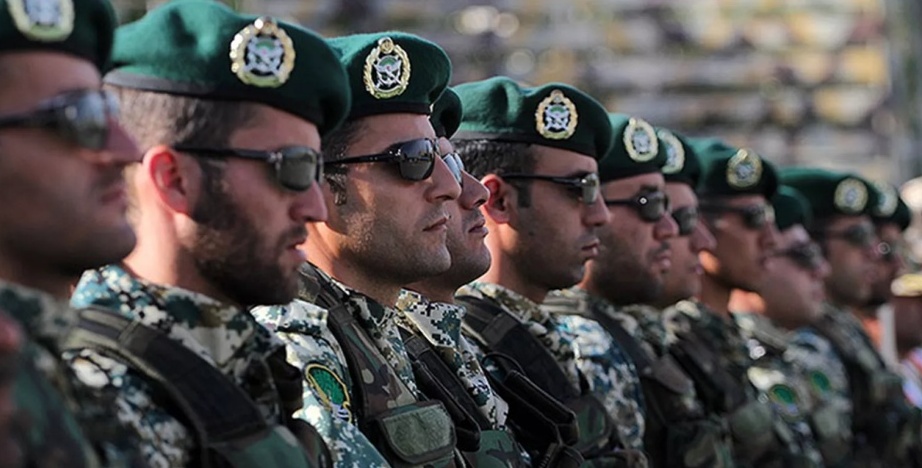
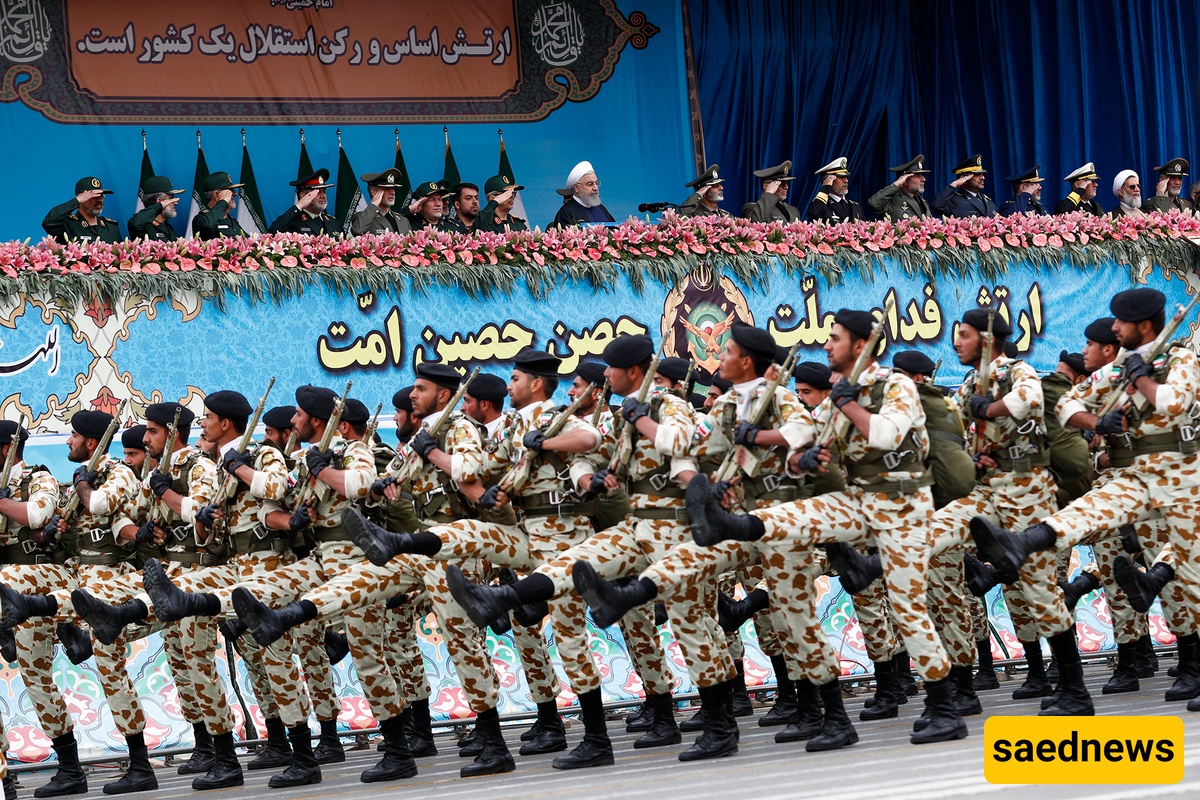
According to Hatami, Israel entered the 12-day conflict with several ambitious goals: destroying Iran’s nuclear capability, weakening its missile arsenal, and undermining its air defense systems. Yet, he argued, all these objectives failed.
Nuclear Program: Hatami insisted Israel could not destroy Iran’s nuclear know-how because it is based on domestic science and technology.
Missile Arsenal: Far from being crippled, Iran’s missile forces struck targets in Haifa and Tel Aviv, challenging Israel’s missile defense systems.
Air Defenses: Iran’s anti-air units reportedly held strong, showcasing their role in neutralizing threats.
Hatami paid tribute to Iranian commanders and soldiers killed during the conflict, saying their sacrifices protected the nation’s dignity. He credited Iran’s Supreme Leader for swiftly reorganizing command structures after targeted assassinations by Israel, ensuring battlefield continuity.
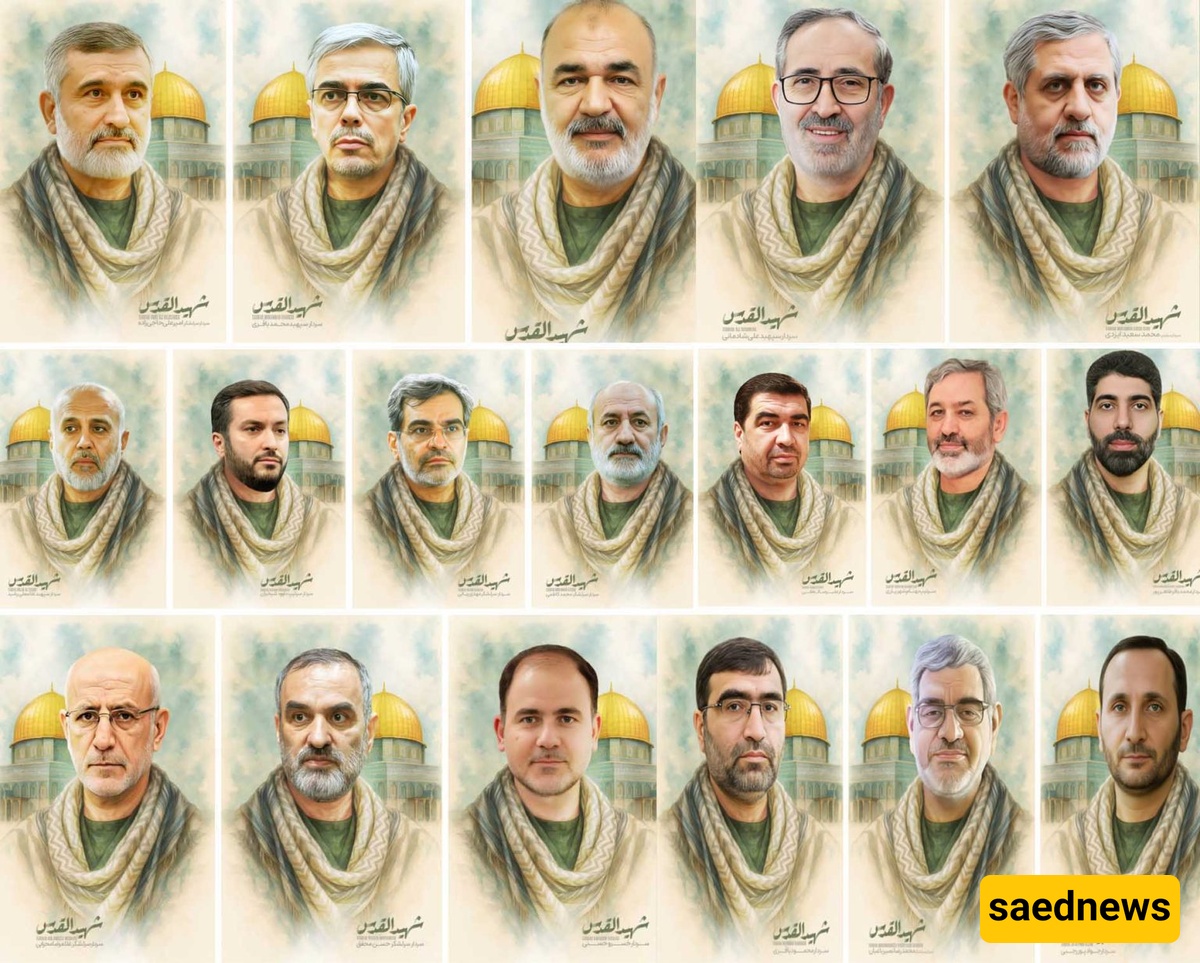
Hatami revealed that in the war’s final days, Iran launched more powerful missile salvos, overwhelming Israel’s defense shield. He also pointed to the downing of enemy drones and images of damage inside Israel as proof of Iran’s resilience.
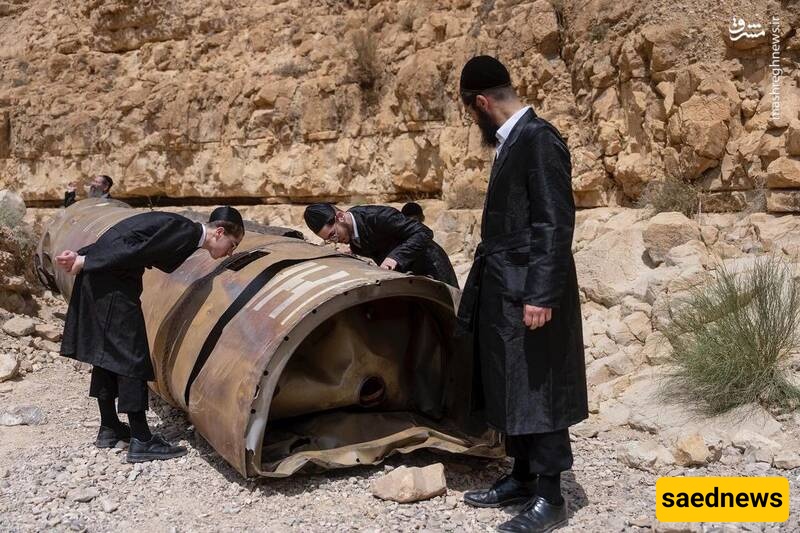
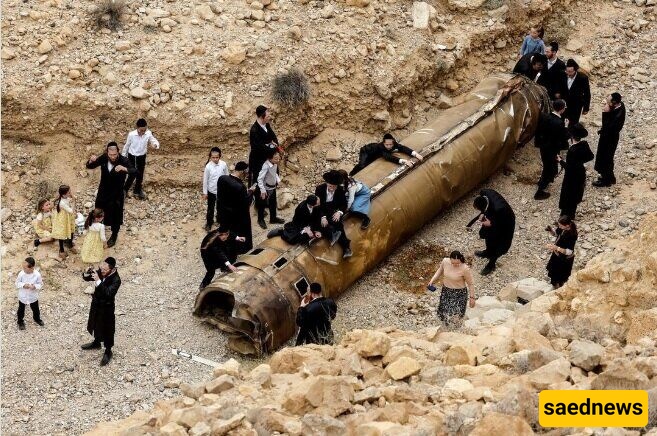
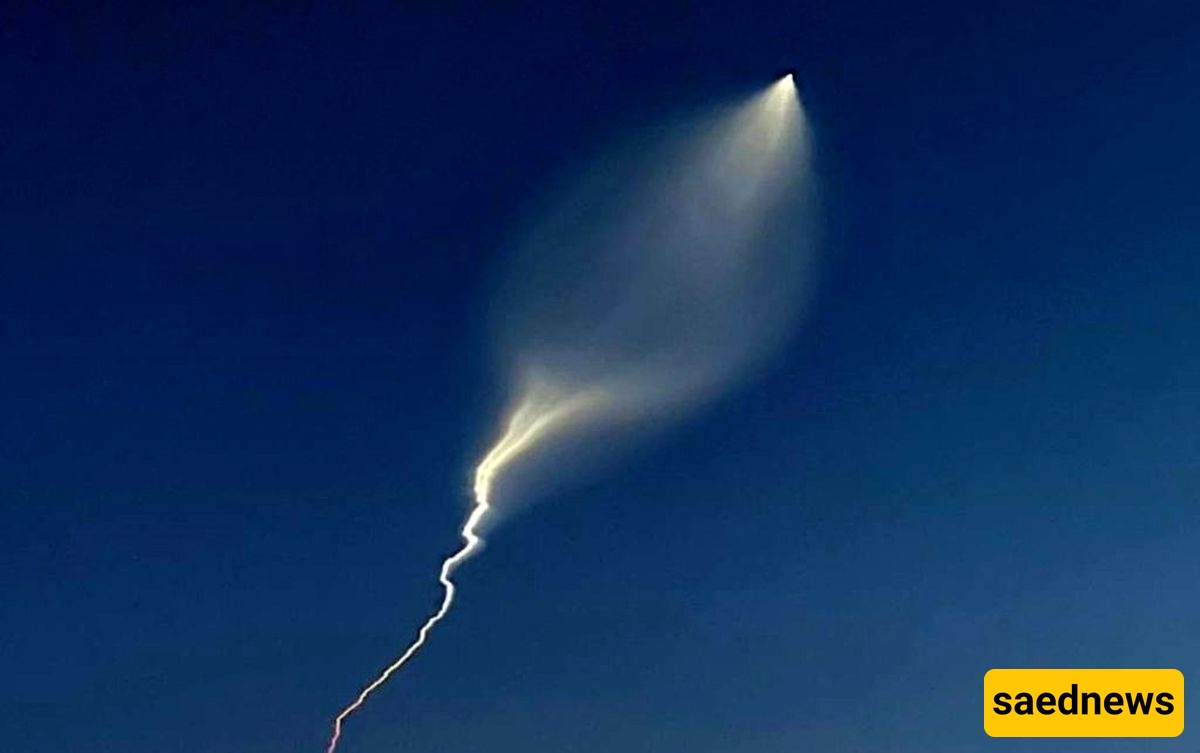
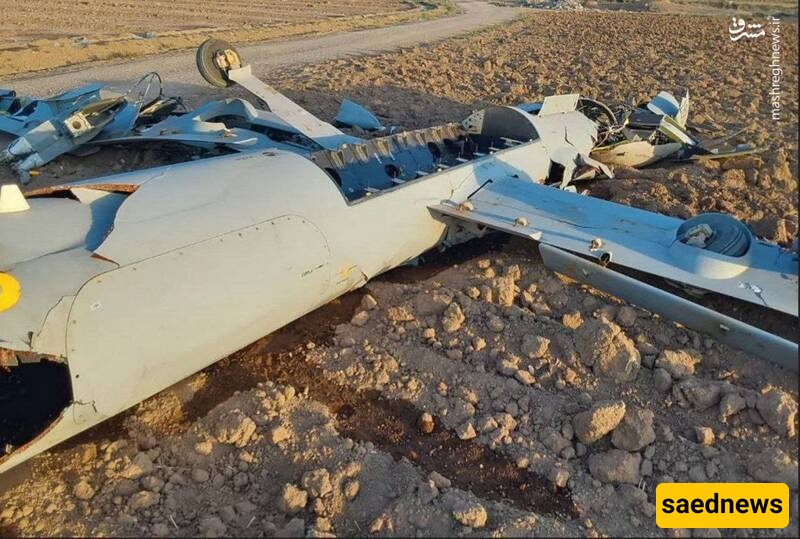

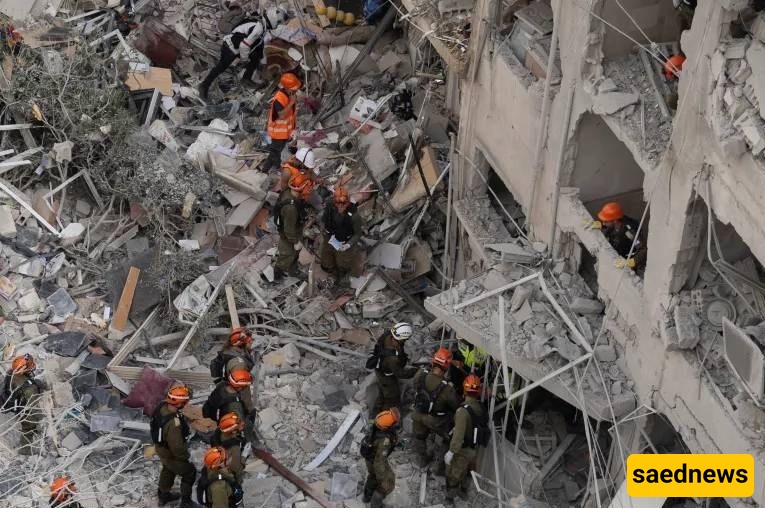
Perhaps most striking was Hatami’s emphasis on public unity. He claimed Israel sought to fracture Iranian society, but instead, the attacks produced greater solidarity. “The people stood more firmly than ever behind the Islamic system,” he declared.
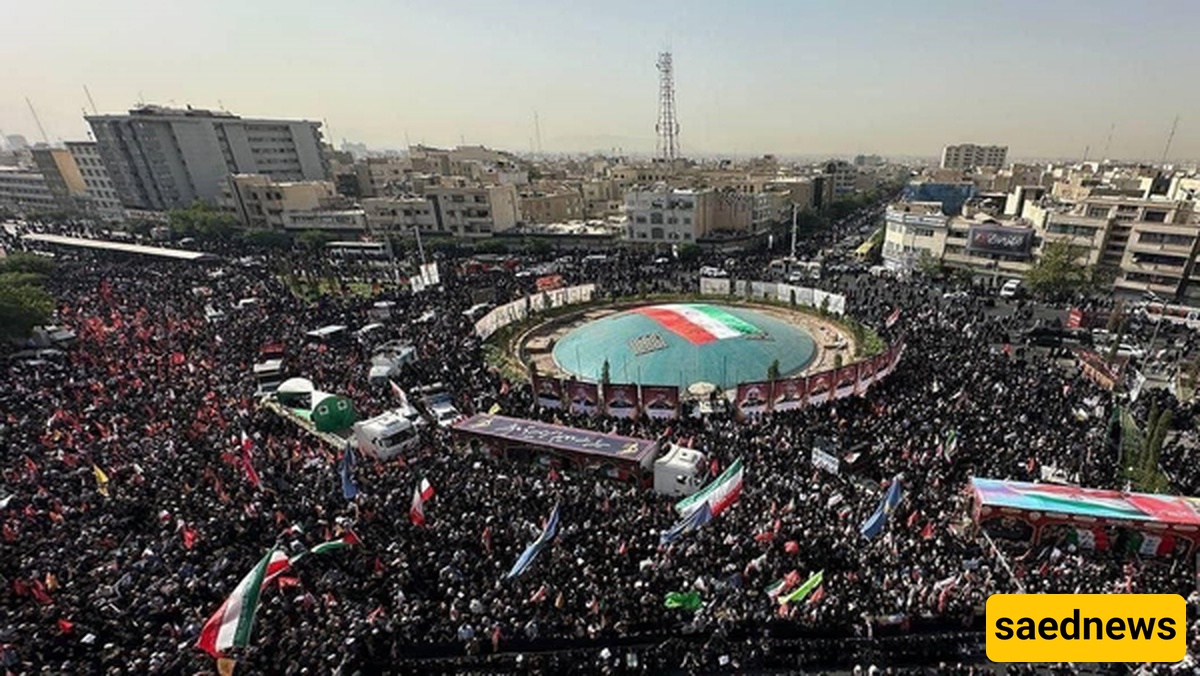
For Hatami, the 12-day war offers lessons beyond the immediate military outcome. He argued that Iran had effectively faced “the distilled essence of Western and NATO technology,” since Israel’s allies provided material and logistical support.
“War is short, but its lessons are eternal,” Hatami said, urging that experiences of pilots and soldiers be carefully recorded for future generations.
Hatami stressed that while tactical battles often bring both victories and losses, the overall outcome was strategically decisive. He described it as proof that Iran’s deterrent capabilities—its missile power, air defense systems, and national unity—remain intact and growing.
“The enemy wanted to erase our power, but instead we showcased it,” Hatami concluded.

